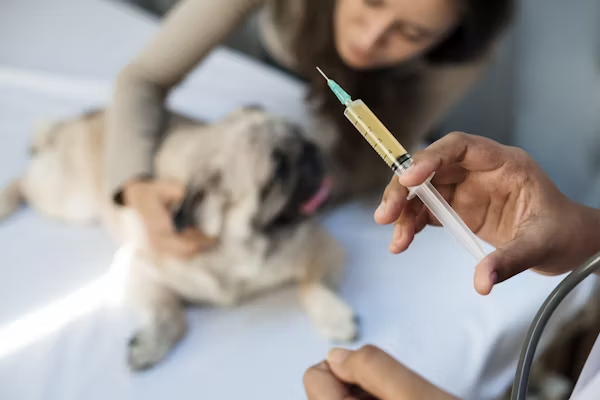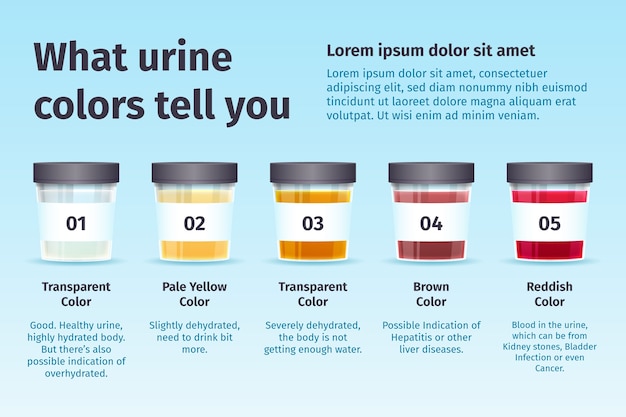Protect Your Pet: Celebrate National Immunization Awareness Month


August is National Immunization Awareness Month, and while much of the focus is often on human health, it’s the perfect opportunity to shine a light on the vital role vaccinations play in keeping our pets healthy and safe. Just like people, pets rely on timely vaccinations to prevent a wide range of infectious diseases, some of which can be life-threatening or spread to humans.
Vaccinating your pet isn’t just a suggestion—it’s a key component of responsible pet ownership. For dogs and cats alike, vaccines serve as a shield against dangerous illnesses such as rabies, parvovirus, distemper, and feline leukemia. Many of these diseases are highly contagious and can spread quickly between animals, especially in public areas like parks, grooming facilities, and boarding kennels.
Rabies vaccination, for example, is not only essential for your pet’s safety—it’s also a legal requirement in many states. Rabies is almost always fatal once symptoms appear and can be transmitted to humans. By ensuring your pet is vaccinated against rabies, you’re helping protect your entire community.
Puppies and kittens typically begin their vaccination series between 6–8 weeks of age. These initial shots are critical for building their immune systems, which are still developing and vulnerable to illness. Booster shots are then given at scheduled intervals to maintain long-term immunity. But even adult pets require regular boosters to stay protected. Many pet parents don’t realize that vaccines can lose effectiveness over time, leaving pets open to infections if they miss annual check-ups.
It’s also important to note that not every pet needs the same vaccines. Veterinarians classify vaccinations into two categories: core and non-core. Core vaccines are recommended for all pets, regardless of lifestyle or environment. Non-core vaccines are administered based on factors such as where you live, your pet’s activity level, and the potential risks they may encounter. A tailored immunization plan ensures your pet receives the exact protection they need—no more, no less.
In addition to preventing illness, vaccines are a cost-effective way to avoid costly treatments down the road. Treating diseases like canine parvovirus or feline panleukopenia can be expensive and emotionally draining, especially when the outcomes are uncertain. Vaccines, on the other hand, are safe, widely available, and significantly more affordable.
Still, some pet owners have concerns about vaccine safety. While mild side effects like soreness at the injection site or slight fatigue are possible, serious reactions are rare. Veterinarians are well-equipped to guide you through the process and monitor your pet for any unusual symptoms. The benefits of immunization far outweigh the risks, and veterinarians follow rigorous guidelines to ensure your pet receives the right doses at the right times.
National Immunization Awareness Month is the perfect time to review your pet’s vaccination records and schedule an appointment if they’re overdue. If you're unsure when your pet last received vaccines, your veterinary clinic can help track and update their records. Even indoor pets need protection—diseases can still enter the home via other pets, humans, or insects.
Immunization not only saves lives—it gives your pet the freedom to safely explore the world around them. From dog parks to hiking trails to simply walking around your neighborhood, vaccinated pets can socialize and enjoy new experiences without as much risk.
Don’t wait until illness strikes. Celebrate National Immunization Awareness Month by booking a wellness visit with Family Vet Care Center at (412) 851-3707 or visit us at 2402 Oxford Drive Bethel Park, PA 15102 and ensure your pet’s vaccines are current. Your furry friend—and your peace of mind—are worth it.



















